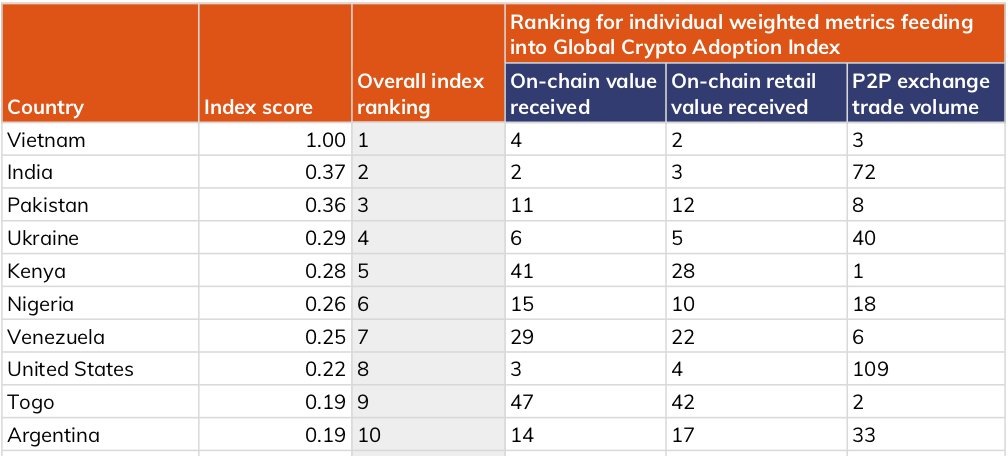Nigeria - Africa's most populated country - enacted a defacto Bitcoin ban in February 2021. A soon to be passed law will allow the legal use of Bitcoin and other cryptocurrencies again after the initiative turned out to be a flop.
The bill to modify the Investment and Securities Act of 2007 will allow the Securities and Exchange Commission (SEC) to recognize cryptocurrencies and other digital funds as investment capital. The proposed law will also establish the regulatory roles of the Central Bank of Nigeria as well as the SEC with respect to digital currencies.
Revival of crypto markets in Nigeria
According to the Chairman of the House Committee on Capital Markets and Institutions, Babangida Ibrahim, the chamber will soon pass a bill to allow digital currencies in Nigeria. Following the "EndSARS protests", the central bank had ordered Nigeria's financial institutions to identify individuals and companies operating cryptocurrency exchanges along with closing all related accounts. The central bank stated that trading cryptocurrencies and facilitating payments through them are illegal in the country. This decision is to be reversed with the adjustment.
"We need an effective and thriving capital market. Nigeria is lagging behind the industry in terms of regulation. We need to follow the latest international standards to achieve this." - Babangida Ibrahim, Chairman, House Committee on Capital Markets and Institutions
These are just some of the reasons why the law is to be revised. The change in the law is expected to cover many other things besides derivatives, commodity exchanges and digital currencies, according to a local news site. Recent changes call for a review to be incorporated into legislation and regulation.
The new law is also intended to provide clarity on responsibilities. With the introduction of the new law, the SEC will be established as the supreme regulator of the Nigerian capital market, while the central bank will remain responsible for the financial markets. Regulation of the market is intended to help ensure capital formation, protect the market to ensure capital formation, protect investors, maintain a fair, efficient and transparent market, and reduce systemic risk.
High adoption despite ban
Nigeria ranks high in the Chainalysis Crypto Index. The African country has strong transaction volumes on peer-to-peer (P2P) platforms, considering purchasing power parity (PPP) per capita and Internet-using populations. Interviews with experts in these countries reveal that many residents use P2P cryptocurrency exchanges as their primary entry point into cryptocurrencies due to legal hurdles and lack of banking relationships.

Bitcoin adoption has accelerated rapidly in Nigeria. If the proposed regulation adequately addresses the growing use of Bitcoin in Nigeria, it could be a major game changer for Africa's most populous country. Despite the current ban, Bitcoin has a strong presence in Nigeria; with the establishment of a Bitcoin village, Nigerian Bitcoiners participate in various development projects and charitable activities of crypto companies, while mining is a thriving industry.








